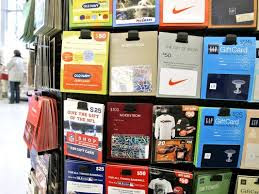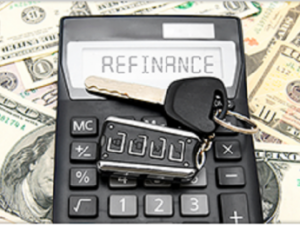
Choosing a credit card can be a daunting experience for many because there are so many different varieties to research that it is often hard to know where to begin. The many different options must be weighed carefully before a final choice is made to get the most out of the right card. A credit card linked to rewards at a grocery store might be an attractive card to investigate since just about everyone has to shop for food. Assuming that there is a Kroger Store in the area, the Kroger Credit Card is one that can save money in ten different ways.
1. No annual fee: The Kroger Credit card charges no annual fee for its users. This can mean a savings of between $20-$100 per year that other cards may charge. A free card that offers so much is a valuable option.
2. 0% APR: This card offers an APR rates of 0% for the first 9 billing cycles. This rate is offered on not only purchases and balances, but balance transfers as well. This means that no interest is being added on to the money that is charged or transferred to this card. Those that have other cards with a high APR can transfer the balances to this card, to save money, at least for a short period of time.
3. Anywhere rewards: A user can earn one point per every dollar spent at any place of business that a Visa card is accepted. These points add up quickly and translate into dollars at the end of each quarter.
4. Kroger store points: Earn two points per every dollar spent at any Kroger store. Again, these points add up and translate into dollars. The points will add up more quickly if you use the card to purchase most or all of your groceries at Kroger
5. Kroger brand points: Earn three points per every dollar spent on Kroger branded products. These quality products often save you money over the national brands in the first place, and with this card, each purchase will give you additional savings.
6. Points turn into dollars: For every 1000 points that one earns, a $5 reward will be sent to the customer. The rewards are sent automatically at the end of each quarter.
7. Earn gas money: Users of this credit card can earn an additional zero fraud liability from the issuing bank. This policy is free to the customer, thus saving money, and protects one when the bank is notified of any fraudulent activity on the card.
9. It is a three in one card: This card is three cards in one. It is not only a Visa card but it is also a rewards card and a shopper’s card. This affords the customer with the valuable rewards as well as money saving coupons and other specials right from the same card that one can pay for their groceries with.
10. Reputable Issuer: The issuer of this card is U.S. Bank National Association. This bank is reputable and offers additional benefits such as smart chip and signature protection and a 24 day grace period. These benefits can save one money by keeping the card safe, as well as affording extra time with payments. This credit card got many positive reviews.
This Kroger credit card is a good choice for those who frequent the Kroger stores. It affords the user free groceries just for using the credit card to shop for food, activities most people do on a regular basis anyway. The terms of the card are similar to many other and yet allow for some reward to be gained from the card at the same time.








